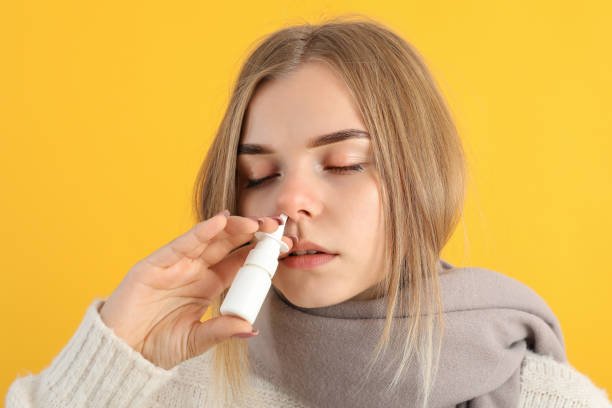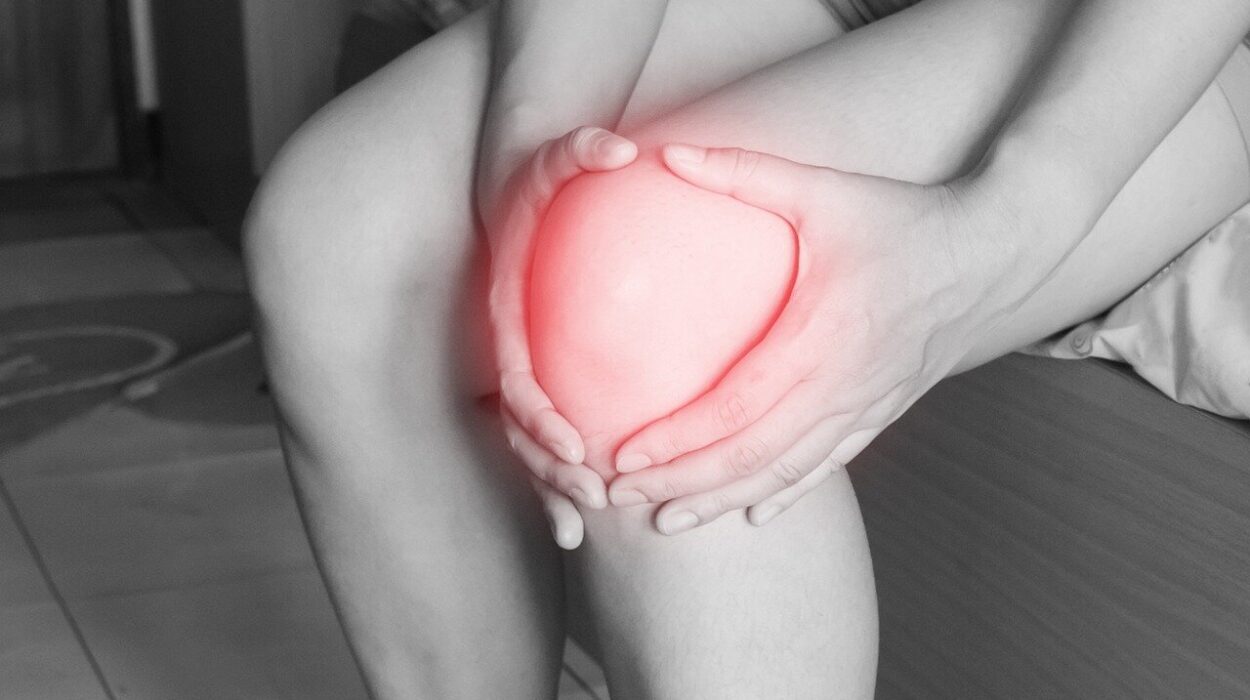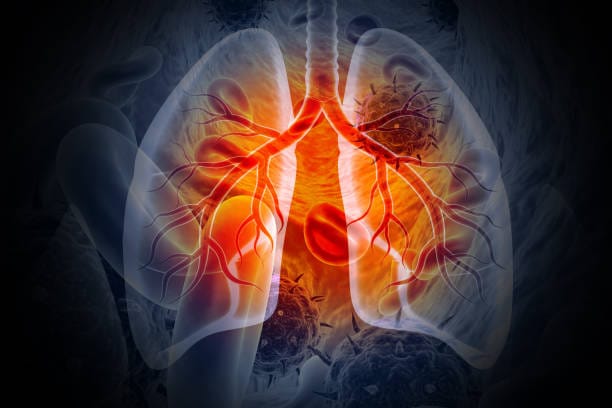In the global fight against COVID-19, much of the world’s attention has been fixed on vaccines, antiviral pills, and advanced hospital treatments. Yet sometimes, hope for protection comes from the most unexpected places. A new clinical study from Saarland University in Germany has found that a common over-the-counter nasal spray, long used by allergy sufferers, may significantly reduce the risk of coronavirus infection.
The active ingredient in this nasal spray is azelastine, a drug that has been available for decades as a reliable treatment for hay fever and allergic rhinitis. What was once just a household remedy for sneezing and itchy noses is now emerging as a potential tool against one of the most serious viral threats of our time.
The Study That Sparked Attention
The trial, led by Professor Robert Bals, Director of the Department of Internal Medicine V at Saarland University Medical Center, was carefully designed and rigorously controlled. A total of 450 healthy volunteers participated, randomly assigned into two groups.
One group of 227 participants was given the azelastine nasal spray, to be used three times a day for 56 days. The other group of 223 participants received a placebo spray, identical in appearance but without the active ingredient.
The results, now published in JAMA Internal Medicine, were striking. During the study period, only 2.2% of participants in the azelastine group became infected with SARS-CoV-2, compared to 6.7% in the placebo group. All infections were confirmed with PCR testing, eliminating the possibility of false positives. Put simply, participants using the nasal spray were three times less likely to contract the virus than those without it.
More Than Just COVID-19 Protection
The findings didn’t stop at reduced coronavirus cases. The researchers also noticed that those using the azelastine spray experienced fewer respiratory illnesses overall. Symptomatic COVID-19 cases were lower, and, quite unexpectedly, so were infections caused by rhinoviruses—the culprits behind the common cold.
In fact, only 1.8% of participants in the azelastine group developed a rhinovirus infection, compared to 6.3% in the placebo group. That figure mirrors the protective pattern seen against SARS-CoV-2. This suggests that azelastine may not only act as a barrier against COVID-19, but also against other respiratory pathogens that circulate widely during cold seasons.
Why Would an Allergy Spray Work Against Viruses?
At first glance, the idea seems almost surprising. Azelastine is an antihistamine, developed to block allergic reactions, not infections. But science has been hinting at its antiviral properties for years. Previous laboratory studies showed that azelastine can interfere with the ability of certain viruses, including SARS-CoV-2, to infect cells. Until now, however, evidence was limited to in vitro studies—controlled experiments in test tubes and petri dishes.
What makes the Saarland trial groundbreaking is that it provides real-world clinical evidence. For the first time, the protective effect of azelastine against viral infections has been demonstrated in healthy individuals living their everyday lives.
A Potentially Accessible Tool
Professor Bals sees practical promise in these results. Azelastine sprays are already widely available without prescription, affordable, and easy to use. If further studies confirm these protective effects, such sprays could become an additional layer of defense, especially during periods of high viral circulation.
“For vulnerable groups, during high infection rates, or before traveling, azelastine nasal spray could provide an easily accessible prophylactic,” Bals explained. Unlike vaccines or new antiviral drugs, which require complex distribution and storage systems, nasal sprays could be obtained at local pharmacies and used on demand.
This accessibility could prove particularly valuable in regions where vaccine coverage remains uneven, or in populations where individuals face higher risks due to weakened immune systems.
Proceeding with Caution
While the results are promising, the researchers emphasize that this is only the beginning. A single study, even one carefully conducted, cannot provide definitive answers. The trial involved a relatively small number of participants, all healthy adults. To truly understand the protective power of azelastine, larger and more diverse studies are needed, ideally across multiple countries and populations.
“Our results highlight the need for larger, multicenter trials,” Bals stressed. “We must continue exploring the use of azelastine nasal sprays as on-demand preventive treatments, and investigate their potential effectiveness against other respiratory pathogens.”
The scientific process demands patience, replication, and scrutiny. What works in one study may not always hold true across all settings. Still, the door has been opened to an intriguing new possibility—one that might change the way we think about everyday protection against viral infections.
Hope in Small Steps
The COVID-19 pandemic has taught us that breakthroughs don’t always come in dramatic forms. Some of the most meaningful advances have emerged from small, careful studies that point the way toward bigger discoveries. The case of azelastine is a reminder that science is full of surprises—that even a humble nasal spray, tucked away in pharmacy aisles, may hold untapped potential against global health threats.
It also reflects a broader truth about science: progress is not just about giant leaps, but also about small, steady steps, each one adding to the mosaic of human knowledge. The Saarland study may be one such step—a quiet but powerful contribution in our ongoing quest to outpace infectious diseases.
As researchers worldwide continue to push forward, one thing is certain: the fight against COVID-19 and other respiratory viruses is far from over. But discoveries like this one remind us that solutions may sometimes be closer, simpler, and more familiar than we ever imagined.
More information: Thorsten Lehr et al, Azelastine Nasal Spray for Prevention of SARS-CoV-2 Infections, JAMA Internal Medicine (2025). DOI: 10.1001/jamainternmed.2025.4283






